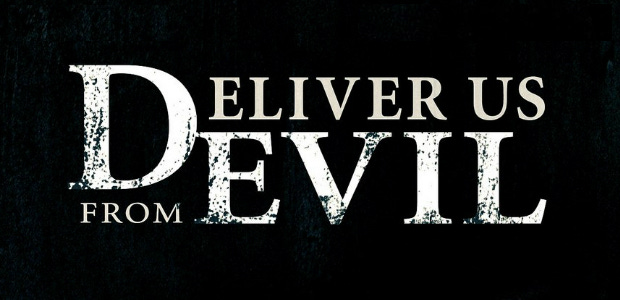Must We Confront Evil?
Preparing for the last Sunday after the Epiphany: Three Days before Transfiguration Sunday (Year A)
Scripture
Psalter: Psalm 2
Old Testament: Exodus 6:2-9
Epistle: Hebrews 8:1-7
___
Prayer
O God of the covenant, the cloud of your splendor and the fire of your love revealed your Son on the mountain heights. Transform our lives in his image, write your law of love on our hearts, and make us prophets of your glory, that we may lead others into your presence. Amen.
___
Reflection
Why do the nations conspire
and the peoples plot in vain?
The kings of the earth set themselves,
and the rulers take counsel together,
against the Lord and his anointed, saying,
“Let us burst their bonds apart
and cast their cords from us.”
He who sits in the heavens laughs;
the Lord has them in derision.
Then he will speak to them in his wrath
and terrify them in his fury, saying,
“I have set my king on Zion, my holy hill.”
I will tell of the decree of the Lord:
He said to me, “You are my son;
today I have begotten you.
Ask of me, and I will make the nations your heritage
and the ends of the earth your possession.
You shall break them with a rod of iron
and dash them in pieces like a potter’s vessel” (Psalm 2:1-9).
Psalm 2 has been set for this feast because of the divine declaration to the king ‘You are my son, today I have begotten you.’ (v. 7) This declaration is echoed in both the accounts of Jesus’ baptism and his transfiguration (see Matt 3:17; 17:5).
The psalm was apparently associated with the enthronement of the human king in Jerusalem. This is evident in vv. 6 to 7 where the Lord declares that divine imprimatur the king has been set in Zion. Verse 7 suggests that when a king was enthroned he was regarded as ‘the son’ of the Lord. Besides the echoes in the accounts of Jesus’ baptism and transfiguration noted above, the verse is read by other New Testament writers as the statement of God about Jesus who is God’s ‘son’ in a new sense (see Acts 13:33; Heb 1:5 and 5:5).
Psalm 2 begins by speaking about the nations who conspire against the Lord and his king. The Lord’s response is to laugh at this opposition and threaten them (v. 5). The Lord is king in heaven and sets the king in Jerusalem as vice-regent so to speak. Kingship in Israel was tied closely to the concept of the Lord as king over the cosmos. The human king’s desire to be sovereign on earth will be fulfilled by the Lord and is based in the sovereignty of the Lord over all creation. Compare Ps 2:9 with v. 5.
The last section of the psalm, vv. 10 and 11, returns to the scene of the kings of the nations. It contains a warning to them to give allegiance to the one who is sovereign over all.
This psalm has some military overtones that may not sit easy with a Christian commitment to peace and reconciliation. We need to recognise that the psalm comes from another time and place. While we may not want to embrace what it says literally, nor even share some of the vehemence of its sentiment, the question of the sovereignty of the Lord over the creation is still a matter for concern. A commitment to a God who is love, and who desires justice and freedom for all peoples, will inevitably lead to confrontation with forces which seek to destroy those things. While violence is an extremely limited option for a Christian, if one at all, confrontation of evil in many forms cannot be avoided. This psalm expresses confidence in God in the context of such struggles.
PRAYER: Holy God, mighty and immortal, you are beyond our knowing, yet we see your glory in the face of Jesus Christ, whose compassion illumines the world. Transform us into the likeness of the love of Christ, who renewed our humanity so that we may share in his divinity, the same Jesus Christ, our Lord, who live and reigns with you and the Holy Spirit. Amen.
___
Check out more of Howard Wallace’s writings here.



